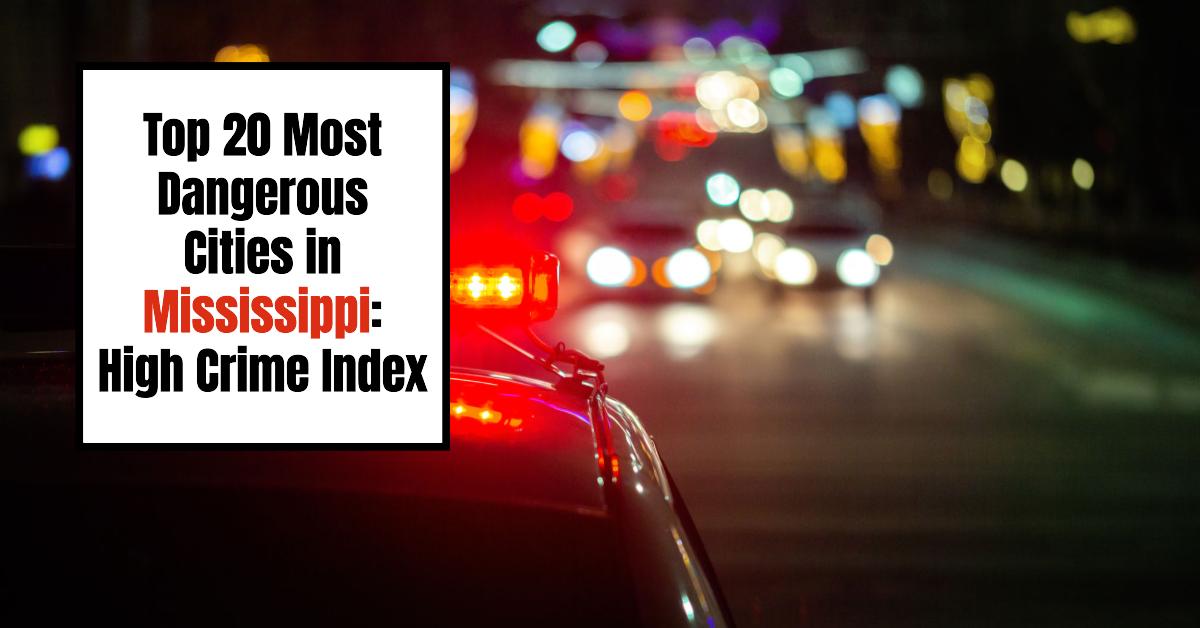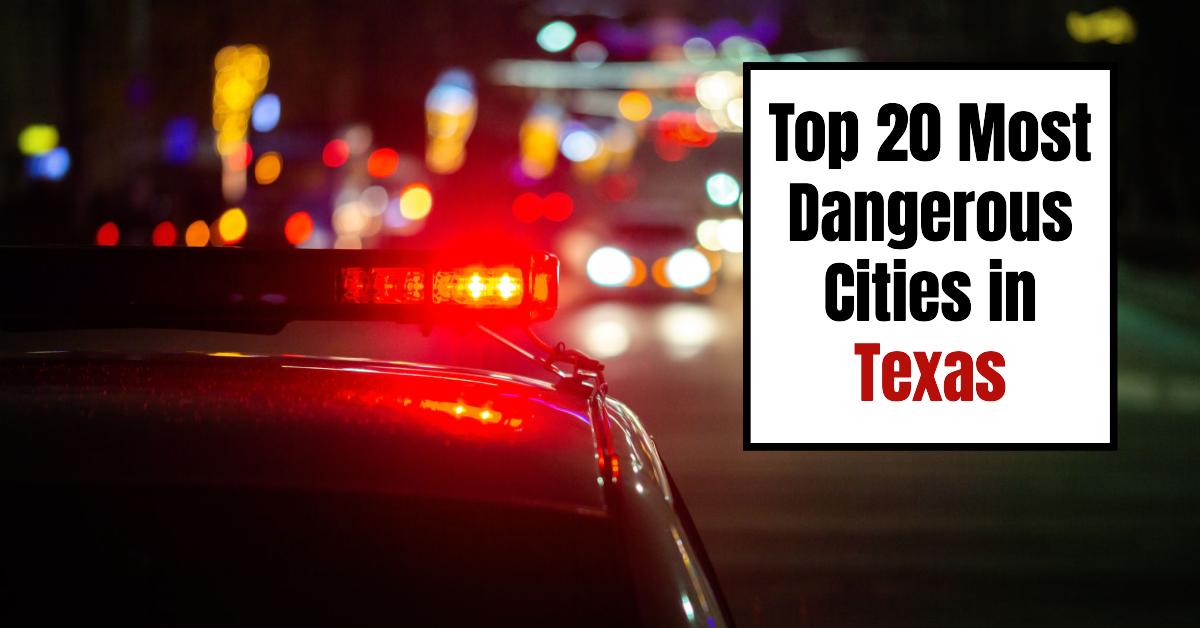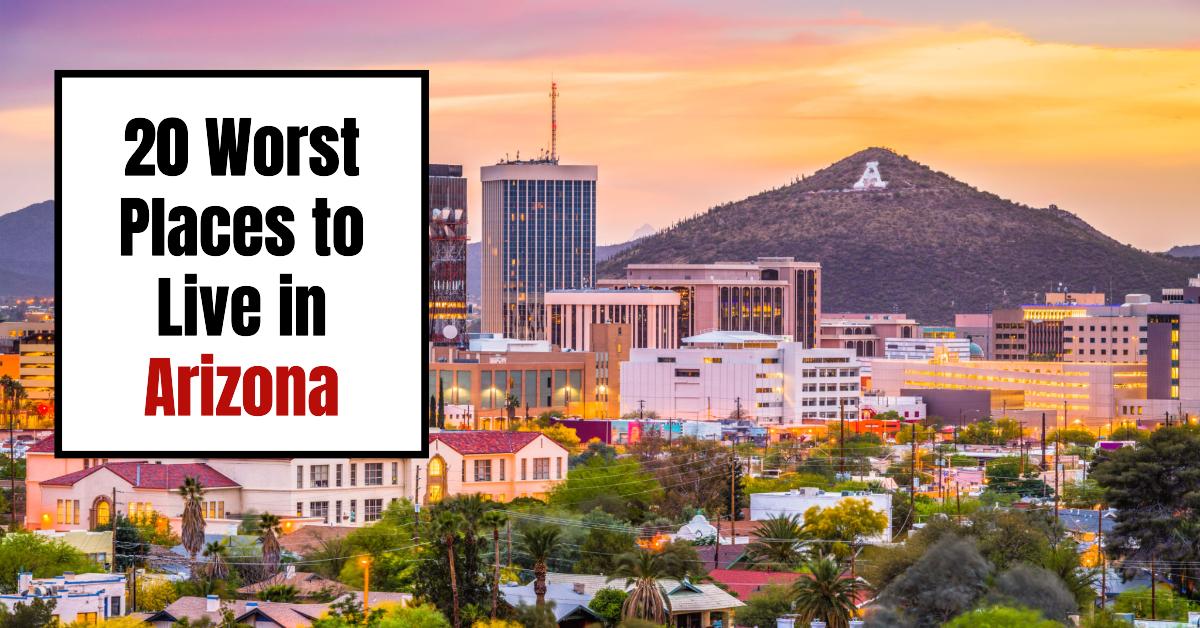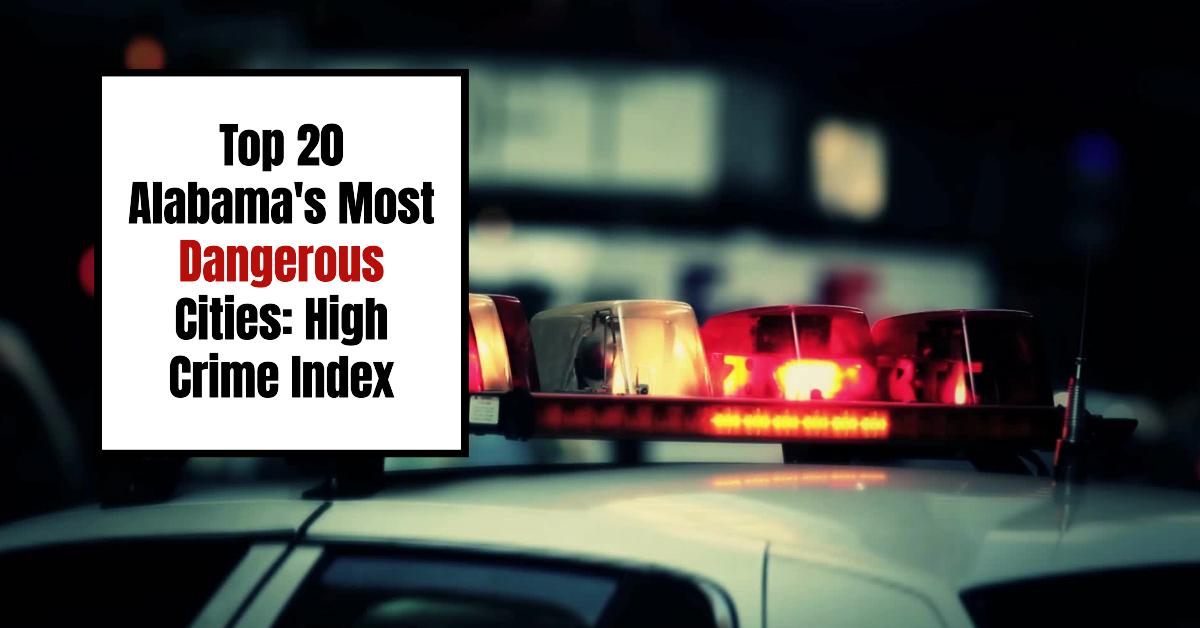Mississippi, known for its rich history, vibrant culture, and stunning natural beauty, unfortunately also faces a significant challenge: a high crime rate. While the state is often romanticized in literature and movies, the reality on the ground tells a different story. This article delves deep into the most dangerous cities in Mississippi, examining the factors contributing to their high crime indices and the potential solutions to address the issue.
Before we dive into the list, let's understand what makes Mississippi stand out in terms of crime. According to the FBI's Uniform Crime Reporting program, Mississippi consistently ranks among the top states with the highest crime rates in the US.
Table of Contents
Why is Mississippi considered so dangerous?
Several factors contribute to Mississippi's high crime rate, including:
- Poverty and Economic Disparity: Mississippi has the highest poverty rate in the United States, with over 19% of its population living below the poverty line. This economic inequality creates a cycle of crime, as individuals struggle to meet basic needs and resort to illegal activities.
- Lack of Opportunity: Limited access to education, job training, and employment opportunities further exacerbate poverty, making it difficult for residents to escape the cycle of crime.
- High Gun Ownership: Mississippi has one of the highest rates of gun ownership in the country, which can contribute to an increased risk of gun violence.
- Drug Abuse and Addiction: Mississippi faces a severe drug epidemic, with opioids and methamphetamine posing significant challenges. These substances often fuel crime, as individuals commit offenses to support their addictions.
- Gang Activity: Gangs are prevalent in many Mississippi cities, particularly in areas with high poverty and limited opportunities. These gangs engage in violent crimes, drug trafficking, and other illicit activities, further contributing to the crime rate.
- Weak Law Enforcement and Ineffective Justice System: Some argue that understaffed and underfunded law enforcement agencies, coupled with a slow and often ineffective justice system, contribute to the perception of impunity among criminals.
Top 20 Most Dangerous Cities in Mississippi: A Detailed Analysis
The following table presents the top 20 most dangerous cities in Mississippi based on the crime index value calculated by USA.com. This index considers various crimes, including violent crimes and property crimes, and provides a relative measure of crime risk in a particular location. The table includes the rank, city, crime index, and population.
| Rank | City | Crime Index | Population |
|---|---|---|---|
| 1 | Itta Bena, MS | 4,750 | 2,159 |
| 2 | Jackson, MS | 4,372 | 173,631 |
| 3 | Moss Point, MS | 4,055 | 13,690 |
| 4 | Clarksdale, MS | 3,831 | 17,497 |
| 5 | Vicksburg, MS | 3,733 | 23,559 |
| 6 | Charleston, MS | 3,625 | 1,801 |
| 7 | Indianola, MS | 3,512 | 10,426 |
| 8 | Greenwood, MS | 3,467 | 15,873 |
| 9 | Drew, MS | 3,425 | 1,869 |
| 10 | Pascagoula, MS | 3,263 | 22,239 |
| 11 | Greenville, MS | 3,209 | 33,518 |
| 12 | Corinth, MS | 3,196 | 14,797 |
| 13 | Laurel, MS | 3,188 | 18,720 |
| 14 | Meridian, MS | 3,173 | 40,809 |
| 15 | Holly Springs, MS | 2,958 | 7,585 |
| 16 | Cleveland, MS | 2,925 | 12,318 |
| 17 | Biloxi, MS | 2,816 | 44,527 |
| 18 | Canton, MS | 2,774 | 13,321 |
| 19 | Byhalia, MS | 2,771 | 1,342 |
| 20 | Philadelphia, MS | 2,761 | 7,446 |
It's crucial to remember that crime statistics are just one aspect of a city's overall quality of life. Many of these cities have charming communities, beautiful natural landscapes, and welcoming residents. However, understanding the challenges related to crime is essential for informed decision-making and community development.
Top 10 Most Dangerous Cities in Mississippi: A Detailed Analysis
Each city on the list faces unique challenges that contribute to its high crime index. Here's a breakdown of some key factors for the top 10 most dangerous cities Mississippi:
Itta Bena, MS: This small town faces the highest crime index in Mississippi, largely attributed to drug trafficking and violence related to the illegal drug trade.
Jackson, MS: The capital of Mississippi, Jackson faces numerous issues contributing to its high crime rate, including poverty, unemployment, and gang activity. The city's struggling economy and limited resources further contribute to the challenges.
Moss Point, MS: This city on the Mississippi Gulf Coast faces high crime rates driven by drug trafficking, property crime, and violence associated with gangs. The city's economic struggles and lack of job opportunities contribute to these issues.
Clarksdale, MS: This city, historically known for its rich blues music heritage, struggles with poverty, unemployment, and a lack of investment. These factors contribute to a high crime rate, particularly property crimes and violent offenses.
Vicksburg, MS: This historic city on the Mississippi River faces a high crime index, mainly attributed to property crime, drug offenses, and violence. The city's struggling economy and limited resources contribute to these challenges.
Charleston, MS: This small town faces a disproportionately high crime rate, largely driven by poverty, lack of economic opportunities, and drug trafficking.
Indianola, MS: This city struggles with a high crime index, mainly driven by property crimes, drug trafficking, and violence associated with poverty and limited resources.
Greenwood, MS: This city known for its vibrant African American culture faces a high crime index primarily due to drug trafficking, property crimes, and violence related to economic deprivation.
Drew, MS: This small town faces a high crime index due to poverty, lack of opportunities, and drug-related violence.
Pascagoula, MS: This city on the Gulf Coast faces a high crime index, primarily due to drug trafficking, property crimes, and violence related to gang activity.
Strategies for Reducing Crime and Improving Safety in Mississippi Cities
Addressing the issue of crime in Mississippi requires a multifaceted approach focusing on:
- Economic Development: Creating job opportunities, investing in education and job training programs, and supporting small businesses can help alleviate poverty and break the cycle of crime.
- Social Services: Providing access to affordable housing, healthcare, and mental health services can address the root causes of crime and support vulnerable populations.
- Community Engagement: Fostering community-police partnerships, promoting youth programs, and creating safe spaces for recreation can help build trust and reduce crime.
- Law Enforcement Reform: Investing in law enforcement training, improving police accountability, and addressing racial bias in the criminal justice system can create a more equitable and effective law enforcement system.
- Drug Treatment and Prevention: Expanding access to drug treatment programs, promoting substance abuse prevention initiatives, and addressing the opioid crisis can help reduce drug-related crime.
- Gang Intervention and Prevention: Supporting programs that disrupt gang activity, offer alternatives to gang involvement, and provide opportunities for rehabilitation can help address the issue of gang violence.
The journey to reducing crime in Mississippi is long and challenging, but with a commitment to comprehensive and collaborative solutions, it is achievable.
The 10 Most “Ghetto” Cities in Mississippi: A Sensitive Topic
The term “ghetto” is a loaded and often offensive term, carrying a history of discrimination and prejudice. Using this term to describe specific cities is highly problematic and can perpetuate negative stereotypes.
It's essential to approach discussions about urban areas with sensitivity and respect. Instead of labeling cities with derogatory terms, it's crucial to focus on:
- Understanding the historical and systemic factors contributing to social and economic challenges in specific communities.
- Promoting dialogue and collaboration to address these challenges in a constructive and equitable manner.
- Celebrating the diversity and resilience of the communities that call these areas home.
Rather than focusing on negative labels, we should strive to empower communities and create opportunities for positive change.
Remember: Reducing crime requires addressing the root causes, fostering understanding, and promoting community development, not resorting to harmful stereotypes.
Also Read:
- Best Places to Live in Mississippi for Families and Retirees
- Should You Invest In The Mississippi Gulf Coast Real Estate?
- Top 20 Most Dangerous Cities in New Jersey 2024: High Crime Index
- Top 20 Most Dangerous Cities in Alabama 2024: High Crime Index
- Top 50 Most Dangerous Cities in the World by Homicide Rates (2024)
- 10 Best Places to Live in Alabama in 2024
- Top 50 Most Dangerous Cities in Florida in 2024
- 20 Best Places to Buy a House in the US (2024)
- Top 20 Most Dangerous Cities in Texas 2024: Crime Hotspots
- Top 20 Most Dangerous Cities in Arizona 2024: High Crime Index
- Top 20 Most Dangerous Cities in Ohio 2024: High Crime Index




